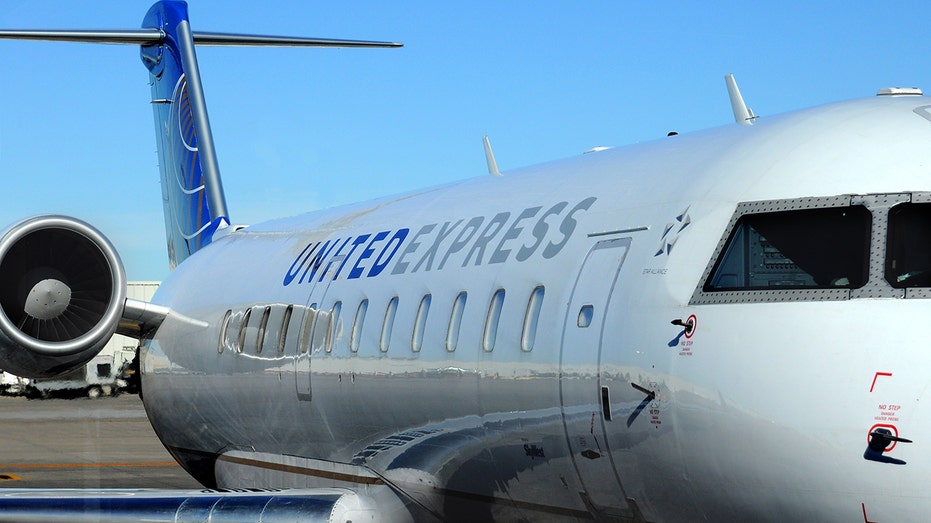Guinea - Level 3: Reconsider Travel
Reissued with updates to civil unrest information and to add risk indicators for fuel shortages impacting local infrastructure, crime, and health. Reconsider travel to Guinea due to fuel shortages impacting local infrastructure, civil unrest, and health and exercise increased caution in Guinea due to crime. A catastrophic explosion at Guinea’s primary fuel depot on December 18 has led to widespread fuel shortages and rising costs of basic goods and services. Rising transportation costs have decreased access to basic commodities and health services and contributed to a heightened risk of crime. Due to injuries related to the fuel depot incident, local hospital resources are extremely strained. The U.S. government has a limited ability to provide emergency services to U.S. citizens outside of Conakry, as U.S. government employee travel is restricted due to resources and security concerns. U.S. government employees may travel only during daylight hours and are prohibited from walking alone outside of designated areas and times. Demonstrations occur frequently throughout the country and are often sporadic and unplanned, making it difficult to predict the size, route, level of violence, or congestion that may occur. Any demonstration may turn violent, resulting in injuries and even fatalities. Demonstrators may attack vehicles that attempt to pass through or around the protests, resulting in serious injuries and vehicular damage. Criminals are known to take advantage of the resulting traffic congestion to rob drivers, passengers, and pedestrians. Uniformed security forces may also extort drivers and passengers during these incidents. Read the country information page for additional information about travel to Guinea. If you decide to travel to Guinea: Avoid demonstrations and crowds. Be aware of your surroundings. Use caution when walking or driving at night. Be vigilant when visiting bank or ATMs. Do not physically resist any robbery attempt. Keep your phones charged. Monitor local media and social media for breaking events and be prepared to adjust your plans. Keep travel documents up to date and easily accessible. Develop plans to gather supplies for sheltering in a secure place. Review your personal security plans. Enroll in the Smart Traveler Enrollment Program (STEP) to receive security messages and make it easier to locate you in an emergency. Follow the Department of State on Facebook and Twitter. Review the Country Security Report for Guinea. Prepare a contingency plan for emergency situations. Review the Traveler’s Checklist. Visit the CDC page for the latest Travel Health Information related to your travel.

Reissued with updates to civil unrest information and to add risk indicators for fuel shortages impacting local infrastructure, crime, and health.
Reconsider travel to Guinea due to fuel shortages impacting local infrastructure, civil unrest, and health and exercise increased caution in Guinea due to crime.
A catastrophic explosion at Guinea’s primary fuel depot on December 18 has led to widespread fuel shortages and rising costs of basic goods and services. Rising transportation costs have decreased access to basic commodities and health services and contributed to a heightened risk of crime. Due to injuries related to the fuel depot incident, local hospital resources are extremely strained.
The U.S. government has a limited ability to provide emergency services to U.S. citizens outside of Conakry, as U.S. government employee travel is restricted due to resources and security concerns. U.S. government employees may travel only during daylight hours and are prohibited from walking alone outside of designated areas and times.
Demonstrations occur frequently throughout the country and are often sporadic and unplanned, making it difficult to predict the size, route, level of violence, or congestion that may occur. Any demonstration may turn violent, resulting in injuries and even fatalities. Demonstrators may attack vehicles that attempt to pass through or around the protests, resulting in serious injuries and vehicular damage.
Criminals are known to take advantage of the resulting traffic congestion to rob drivers, passengers, and pedestrians. Uniformed security forces may also extort drivers and passengers during these incidents.
Read the country information page for additional information about travel to Guinea.
If you decide to travel to Guinea:
- Avoid demonstrations and crowds.
- Be aware of your surroundings.
- Use caution when walking or driving at night.
- Be vigilant when visiting bank or ATMs.
- Do not physically resist any robbery attempt.
- Keep your phones charged.
- Monitor local media and social media for breaking events and be prepared to adjust your plans.
- Keep travel documents up to date and easily accessible.
- Develop plans to gather supplies for sheltering in a secure place.
- Review your personal security plans.
- Enroll in the Smart Traveler Enrollment Program (STEP) to receive security messages and make it easier to locate you in an emergency.
- Follow the Department of State on Facebook and Twitter.
- Review the Country Security Report for Guinea.
- Prepare a contingency plan for emergency situations. Review the Traveler’s Checklist.
- Visit the CDC page for the latest Travel Health Information related to your travel.



